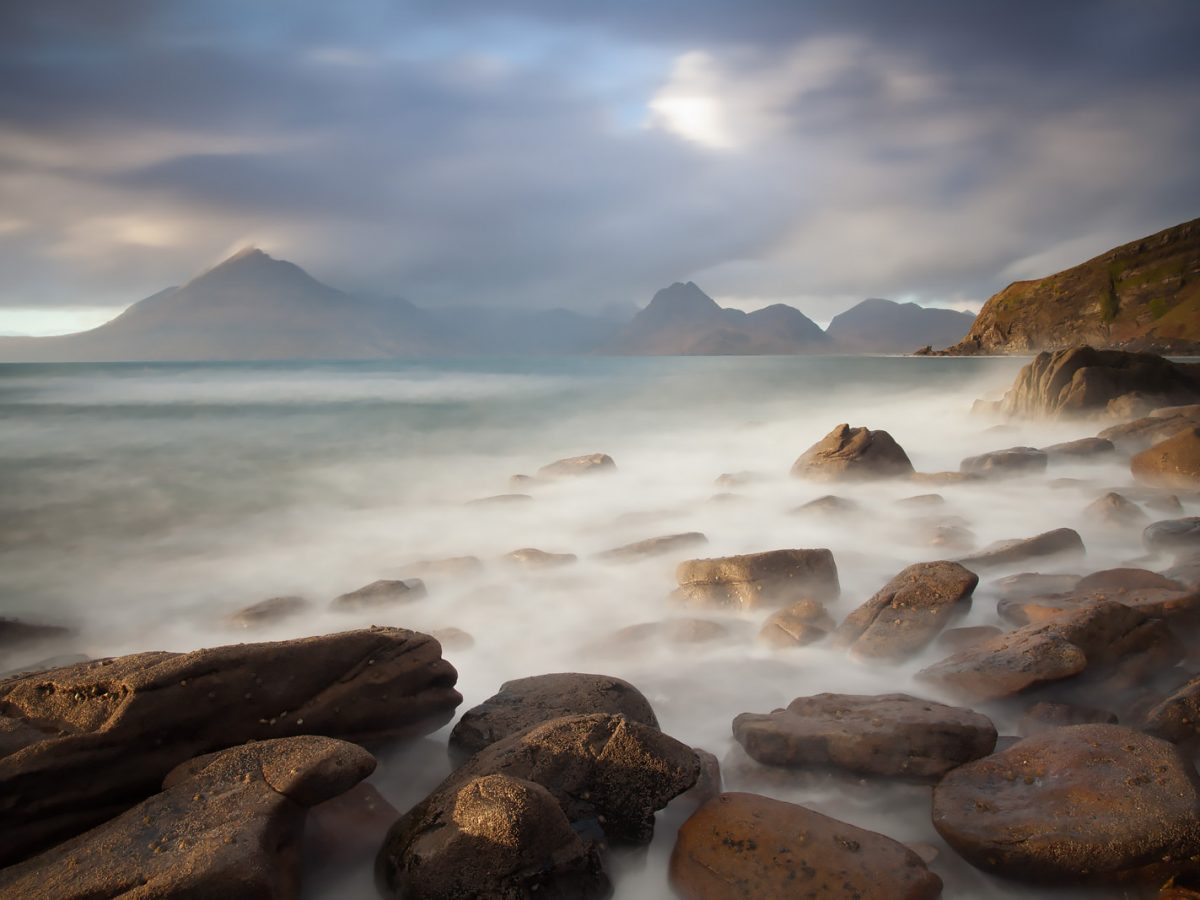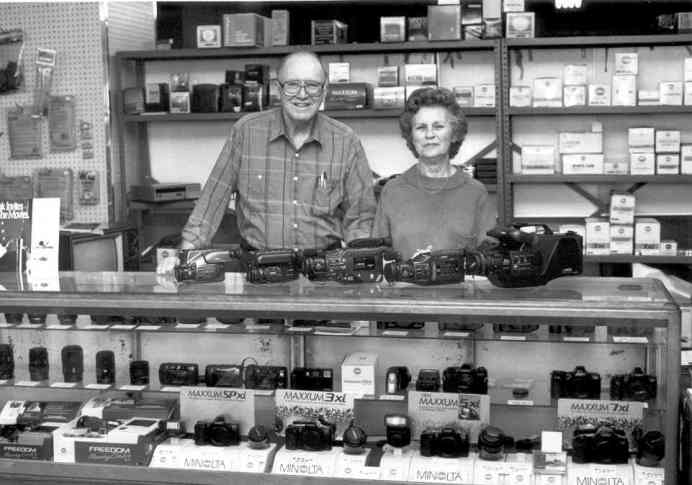
It is possible you are unsure which camera to purchase: Nikon or Canon. Keep reading to find out more. Both Nikon and Canon are great camera brands. They have so many distinct differences that you will be left baffled. Perhaps you are considering buying a Canon, but aren't sure if you should switch to Nikon. These are the advantages and disadvantages of each type of camera, as well as what you can expect from them.
Canon vs Nikon
There are many benefits and disadvantages to both brands. But the best is a lens. While the Nikon lens line is better than the Canon one, it is still very popular. Nikon lenses are better in certain categories because they have a wider dynamic range. Nikon lenses can be used with full-frame and APS-C mounts. Although the differences in lens quality may not be significant, it is important to keep them in mind. Canon lenses have a longer focal length than Nikon lenses. But that doesn't make them any less superior.

It's a lot like dating when choosing between Canon or Nikon. Each brand has their strengths and weaknesses, so choosing the right one is an individual decision. Your personal preferences and objective performance statistics will help you make the best choice for your needs. When you have had the opportunity to experience both models, you will be happier with your decision. The following are some pros and cons to keep in mind when deciding between Canon and Nikon.
Canon vs Nikon vs Canon vs Nikon
Canon vs Nikon should always be taken into consideration when comparing cameras. Although the cameras may share many of the same features, there are some key differences that make the difference between these two companies even more important. Here are some key differences between the two manufacturers. Both companies have excellent photo quality. What makes one product better than another? Canon has a larger selection of lenses that Nikon than Canon, including general purpose lenses, DO, and professional L-series lense.
First, compare the resolutions of both cameras to determine which one is best for you. The Nikon D3300 is a more detailed camera than the Canon T6. It also has a higher native ISO range of 12800. The ISO range on the camera can be expanded to 25,600. It is a much better low-light photographer than its Canon counterpart. The Nikon D3300 has a much longer battery life and is lighter than its Canon equivalent.
Canon vs Nikon vs Canon vs Nikon vs Nikon vs Nikon vs Nikon vs Nikon vs Nikon vs Nikon vs Nikon vs Nikon vs Nikon vs Nikon vs Nikon vs Nikon vs Nikon vs Nikon vs Nikon vs Nikon vs Nikon vs Nikon vs Nikon vs Nikon
Digital cameras: Which brand is better? Canon and Nikon have been mentioned, but what are the differences between them? While these brands are closely related and have a long heritage, there is much more to them than meets the eyes. Consider their common history when comparing the two. Canon is an American company that was established in 1903. It celebrated its centenary this year. Canon has been in business since 1903.

Both companies make great cameras. But the Japanese manufacturer has more money and experience. Canon is the largest camera manufacturer. Nikon is more technologically sophisticated and produces better quality cameras. In addition to their superior imaging quality, Nikon is also known for its wider range of zoom and wide-angle lenses. Nikon Z-mount cropsensor cameras are more popular for those just starting out.
FAQ
How do I become an excellent photographer?
Photography is an art form that requires patience, dedication, passion and dedication. If you love photography, you'll be doing better than if only you were going after the money.
It is important to know how to properly use your camera. You will need to know how to use your camera properly. You also need to have a decent understanding of Photoshop.
Photography can be difficult but once you get the hang of it, it's a rewarding art form that allows you to capture moments in time that otherwise would have gone unremembered forever.
You can learn more by reading books, taking classes, or participating in competitions if you are looking to improve your skills. You'll gain experience and confidence which will lead to further improvement. What equipment do I need?
It all depends on the type of photography that you are interested in. If you are interested landscape photography, you will need to have a wide-angle zoom lens.
A telephoto lens is essential for portrait photography.
When taking photos, a tripod is essential. A tripod allows you to stand still and compose your photograph without having to move.
Camera bags are great for carrying your accessories, such as memory cards and cameras.
If you use a compact camera, a flash unit is required.
A DSLR (Digital Single Lens Reflex), camera is the best choice for novice photographers who wish to create professional-quality images.
DSLRs are highly popular for their ability to control every aspect of a photo, such as shutter speed and aperture, ISO sensitivity, white-balance, focus, and white balance. These cameras also offer a variety of features, such as autofocus (auto-exposure locking), self-timer bracketing and RAW format.
Why use Light Room to enhance your pictures?
It is important to begin early in order to have great photos. It's always a good idea to take as many pictures as possible and then decide which ones will be the most valuable.
Lightroom makes this possible by showing you how different settings affect each photograph. These settings can be changed on the fly, without needing to return to Photoshop. This allows for quick experimentation with what looks good or not.
What camera is the best for beginners, and why?
The best camera to use for beginners is dependent on your needs, budget, and skill level.
You might consider a point-and shoot digital camera if you are trying to save money. These cameras aren't as versatile as they look, but they provide good quality.
Digital Single Lens Reflex cameras come with interchangeable lenses which allow you to capture different types of images. While they are more expensive than point and shoots, they offer much more flexibility.
A beginner's kit for beginners is a good place to start. All you need is included in this package: a camera body and lens, flash, memory card, tripod and flash.
Also, don't forget about extra batteries!
Should I start photography as a hobby?
Photographing is a great way to preserve memories and share them among friends and family. Photography also lets you learn more about the world around.
You can find a lot of online resources that will teach you how to take better images.
It may be worth looking into classes at community colleges and art schools. This allows you to meet other photographers who can provide valuable feedback on your work.
Statistics
- While I cannot prove that all of those spots were not sensor dust, the photo was taken during a heavy snowstorm…so I guess that 99.8% of the spots are snowflakes. (bhphotovideo.com)
- There are people out there who will pick at flaws they can only see in 100% crops of your photos. (wikihow.com)
- The second easiest way to get blurry photos 100% of the time is to use a cheap filter on the front of your lens. (photographylife.com)
- By March 2014, about 3 million were purchased monthly, about 30 percent of the peak sales total. (en.wikipedia.org)
External Links
How To
What are the necessary skills to become a photographer
The basic skills required for any photography job include technical knowledge, artistic ability, and business acumen.
Technical knowledge includes understanding exposure, camera functions, lens type, film speeds, and developing techniques.
Artistic ability involves understanding composition, lighting, and posing and knowing how to use Photoshop and other editing software.
Business acumen includes budgeting, scheduling and time management. It also involves dealing with clients.
A passion for photography is essential if you are to become a professional photographer.
Online courses or classes in school can help you learn about photography.
You can also find many books that will teach you everything about photography.
As well to learning about photography, it is important to develop your own style.
This will make you stand out among others in the field.
Photography has changed throughout the years. In the past, people used cameras such as Kodak Instamatic or Polaroid instant cameras.
Digital cameras are increasingly popular today. These days most photographers use their smartphones to take photos.
It is possible to buy a smartphone that takes high-quality images, but if you really want to get into photography, you need to invest in a DSLR (Digital Single Lens Reflex) camera.
A DSLR allows you to control every aspect of your photo, including shutter speed, aperture, ISO sensitivity, white balance, and focus.
These features enable you to create stunning photos and different effects.
These controls can also be used to alter the mood in your photograph.
A fast shutter speed can make your subject appear blurry, for instance.
You can make them appear like they're moving by increasing light into the camera.
Another way to change the mood of your image is to adjust the color temperature of the scene.
If there is too much blue light, you can adjust the red content to make it feel warmer.
It may be difficult at first to determine which direction your camera should point.
Once you get the basics down, it will be easy to see that it's not difficult at all.
It's much simpler than you think!
At first, you might only take landscape shots or close-up photos of objects.
Don't worry; you will learn to capture everything, from portraits to abstracts.
Once you have mastered the basics, you can move on to more advanced subjects.
Here are some tips for getting started.
-
You should choose a beautiful location. Find somewhere that you can enjoy your time and relax.
-
Look for something to photograph. Try to find unusual or unique objects.
-
Practice lots of photos. Practice makes perfect!
-
Experimentation with different angles is possible. Different angles are best depending on what goal you're trying to reach.
-
Use different lenses. Different lenses offer different perspectives.
-
Shoot in low-light conditions. Photographing in bright sunlight can prove difficult.
-
Practice framing your shot. Frames are an important skill when you capture an image.
-
Learn how you can use your camera settings. You can improve your photography by spending time with your camera settings.
-
Keep learning new techniques. Photography is a vast subject. Visit local galleries, museums, libraries, and other venues to find out more.
-
Read magazines and books. Everything you need to know about photography can be found in books and magazines.
-
Join a club. Many clubs encourage members to share their work at events.